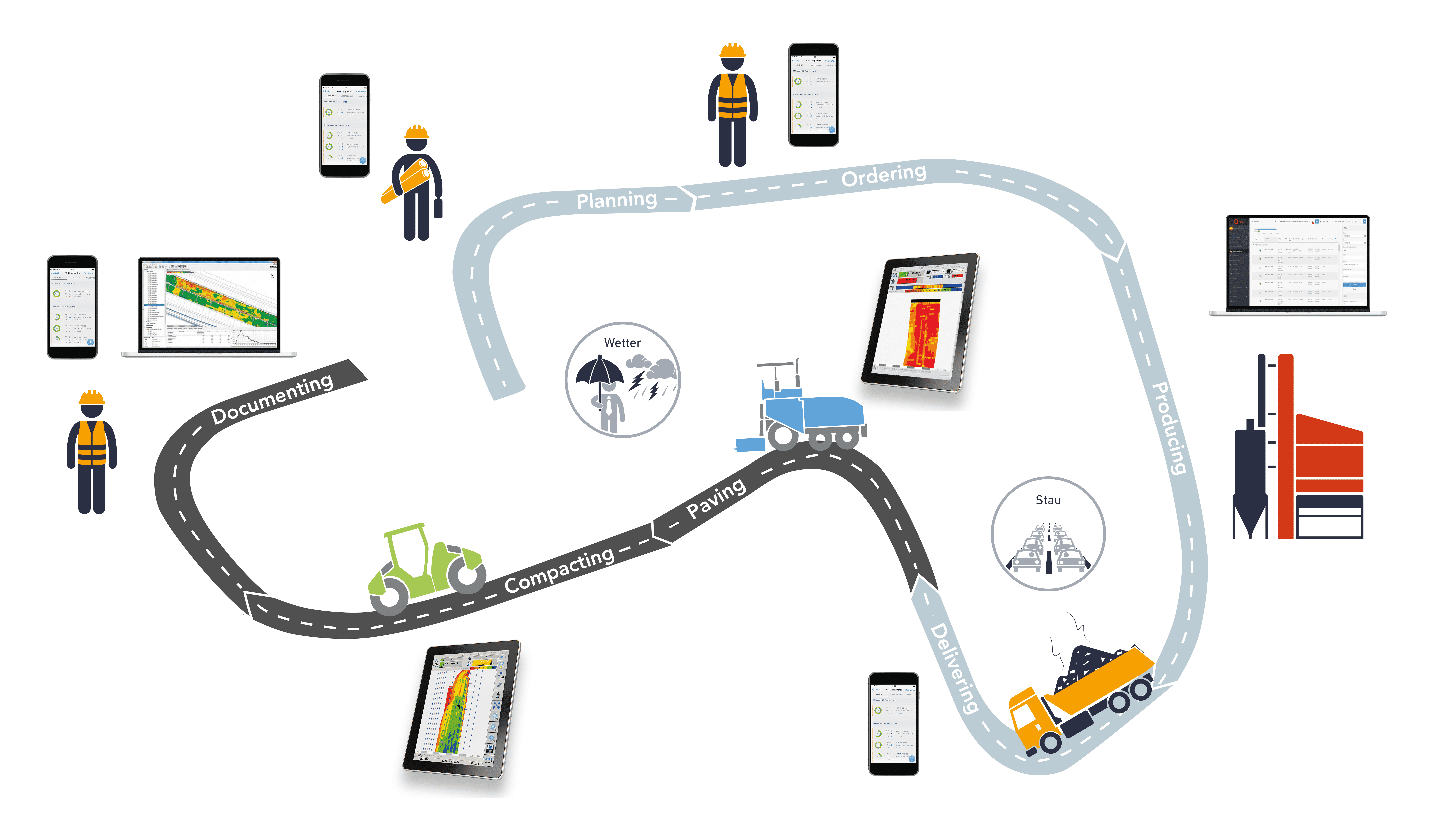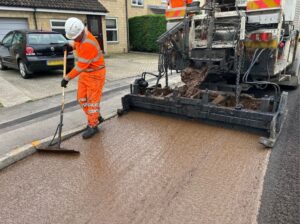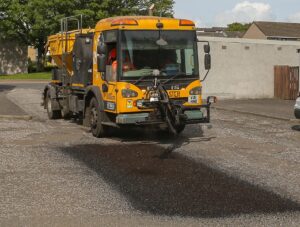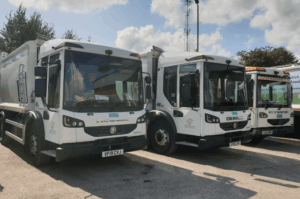With digital construction progressing significantly in the highways and transport sector, Highways News spoke to one of the company’s offering solutions to help road operators move into the digital space effectively and efficiently.
Highways News: For our readers who might be unfamiliar with Q Point, can you please give us an overview of the company and the solutions that you have developed specifically for the road construction industry?
Thomas Leopoldseder, Managing Director & CEO, Q Point Group. ” Q Point is a leading, innovative company specializing in digital solutions for road construction. Our products support businesses in asphalt production and paving across the entire value chain, helping to optimize processes and significantly increase efficiency. Our core solutions include digital planning and monitoring tools that enable real-time data analysis. Over 50 mixing plants and more than 250 construction companies and branches already rely on the comprehensive digital data exchange provided by Q Point’s solutions. We place the highest value on user-friendliness, ensuring that our solutions integrate seamlessly with existing systems.”
HN: What are the key benefits that using your digitalisation tools offer companies in the road construction sector and how quickly will they see those tangible benefits from working with yourselves?
TL: “Our digitalisation tools offer road construction companies numerous benefits, including improved project transparency, reduced construction times, and significant cost savings through more efficient resource usage. With comprehensive visualization and documentation capabilities, our solutions enable the production of durable asphalt surfaces even during construction. This not only extends the lifespan of roads but also saves CO2 equivalents in the long term—a valuable contribution to environmental protection. Many of our clients report significant progress within just weeks of implementation. The ability to analyze data in real time allows for quicker decision-making, leading to faster project execution.”
HN: How easy is it for your tools to be integrated into a companies existing work methods and planning approaches?
TL: “Integrating our tools into existing workflows is straightforward. We provide comprehensive training and support to ensure that your employees quickly become familiar with the new technologies. Our solutions are designed to be flexible and adaptable, allowing companies to implement them gradually without disrupting ongoing operations. This smooth transition minimizes initial investments in training and facilitates an effortless adjustment to new processes.”
HN: We recently met you on your stand at the Highways UK show. What were your main reasons for exhibiting at the show and what kinds of discussions did you have with potential customers?
TL: “Our participation in the Highways UK exhibition was a strategic decision to showcase our innovation and build new customer relationships in the UK. During the event, we engaged in numerous discussions with industry experts and exchanged insights on the current challenges in road construction. There was particularly strong interest in our solutions for resource conservation, efficiency enhancement, and cost control. Our presence at the exhibition provided us with valuable insights and laid the groundwork for new partnerships.”
HN: Why do you feel the UK market is especially well suited for your digitalisation tools?
TL: “Digital tools are a useful aid for better managing the challenges faced by the industry. They save time, enabling employees to focus on the really important things at work, and provide a better and more up-to-date level of information for better decision-making. In this respect, such tools are not only useful for the market here in the UK, but also in many other countries.”
HN: Can you give us an example of a road construction client that you have successfully worked with in Europe and any key lessons learnt from the project?
TL: “Let’s take MOAG (www.moag.ch, Switzerland) as an example. This company owns five asphalt mixing plants. Some years ago, the company introduced a digital ordering and delivery process, and now more than 90% of all orders are processed digitally, smoothly and without errors. This enables MOAG to optimise its production and save resources accordingly. In addition, the digital information provided throughout the delivery process offers the construction companies optimal information for their work on the construction site. All in all, it’s a win-win situation from which everyone in the process chain benefits.”
























